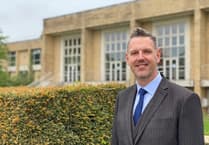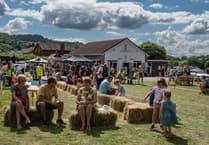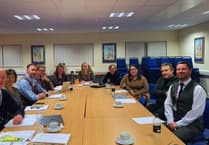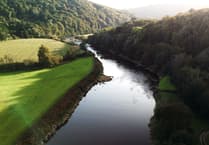Five hundred years ago, reading the Bible in English could have been a death sentence. That's the gripping context for an upcoming lecture at Linton & District History Society by Professor Keith Ray on October 4th. The lecture will explore the fraught history of translating religious texts into English, a practice once considered illegal and punishable by death.
"In the beginning, God created the heaven and the earth. And the earth was without form, and void," are words now familiar to English-speaking individuals. But for centuries, these lines were only accessible in Hebrew, Greek, or Latin. Ordinary people were left in the dark, with only scholars and clergy having access to religious texts.
The Reformation brought scholars keen on breaking this barrier, albeit at great personal risk. William Tyndale, one of the earliest translators, paid the ultimate price, facing execution for his efforts. Miles Coverdale, who once collaborated with Tyndale, was later commissioned by Thomas Cromwell to produce an English translation. Published in 1537 under royal licence, Coverdale's work laid the foundation for future translations like the Authorised Version. His version of the Psalms even found its way into the Book of Common Prayer, still in use today.
Professor Keith Ray, a renowned expert in the archaeology and early history of the local area, will delve into this fascinating period of history. The lecture, titled "After Ariconium – the centuries of the Kingdom of Ergyng in the Wye Valley," will take place at Linton & District History Society. Doors open at 7 p.m., with the lecture starting at 7:30 p.m. All are welcome to attend, and the entry fee for visitors is £5.




